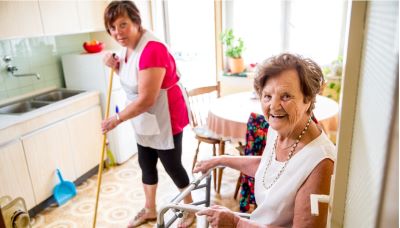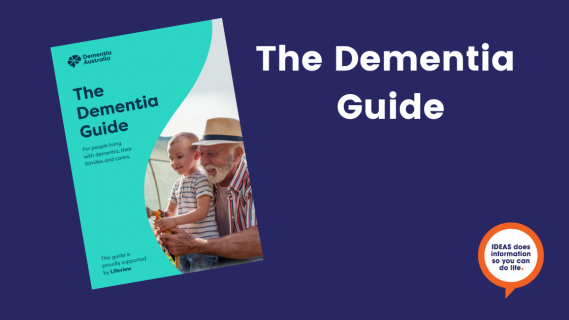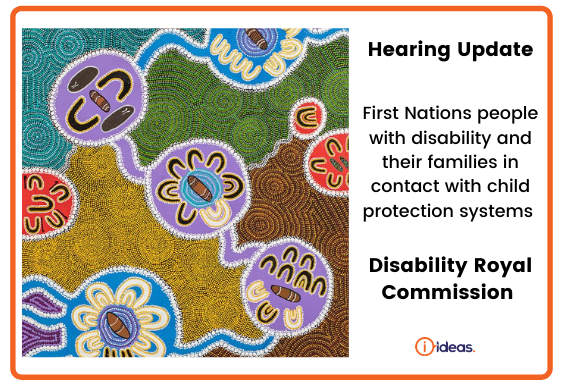You have the right to live the life you choose, even if your choices involve some risk.
You have the right to make decisions about your care and services.
If something you want to do involves some risk to you, your aged care provider should support you and your carer, family member or representative to understand the risks and manage them.
This might include activities such as you wanting to go to the pub or club one evening a week to catch up with mates. It might include your desire to attend church, where the liturgy is in your first language, and allows you to catch up with members of your language community. It might be to attend aqua exercise classes, or university of the third age or join a community choir.
Aged care providers should respect your wishes and preferences.
They should
- Make sure you understand the risks to you or other people.
- Collaborate with you to manage those risks.
- Respect your decisions.
Dignity of risk is part of the Aged Care Quality Standards.
These standards require your provider to recognise and respect your unique identity, culture, social connections, well-being, and needs.
See them here at Aged Care Quality Standards
Tip. See the case studies for commonsense examples of how dignity of risk works in practice.
Dignity of risk in aged care means acknowledging that an older person remains autonomous, even if they require care. It emphasises the older person’s right to accept risks they choose, as they have always done, to support their values and promote their quality of life.
At its heart dignity of risk means the person is always at the centre of any decision – and therefore all about person-centred care.
See this video below about Dignity of Risk in aged care services.
Since one in two older Australians live with disability these tables from the National Standards for Disability Services are good summaries of your rights, the outcomes desired, and how the service should operate to meet the Standards.
Eight standards require providers to recognise and respect your individuality as a whole person, regardless of disability and your life choices.
See National Standards for Disability Services
National Standards for Disability Services – Summary Table
Tip check out the Summary Table on pages 23, 24 and 25 of National Standards for Disability Services about your rights, outcomes, and how service providers need to operate to ensure they operate in accordance with the standards.
Remember you have a right to complain about whether you feel supported and able to do the things you would like to do.
A good first step is to talk with the aged care service itself, to see how you are listened to and what changes are actioned.
You can contact the Older Persons Advocacy Network (OPAN) on
- Free Call 1800 700 600 for an advocate to work alongside you and make sure your voice is heard. OPAN is an organisation that is independent, free, and available nationally.
You can contact the Aged Care Quality and Safety Commission on
- Free Call 1800 951822 to make a complaint. This email address is being protected from spambots. You need JavaScript enabled to view it.






































